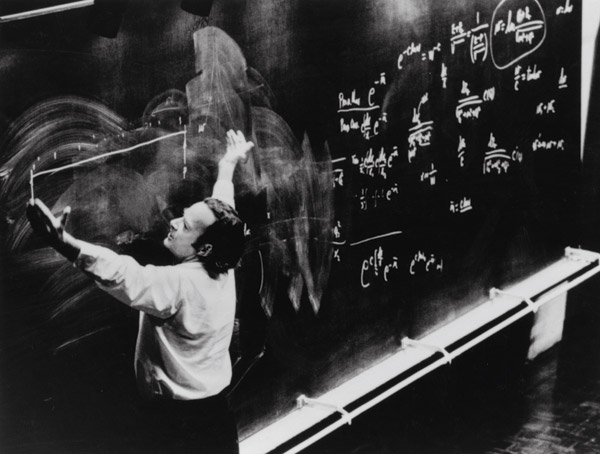We can fix K-12 education. The overwhelmingly bipartisan No Child Left Behind did just that, it stopped the educational hemorrhaging to where scores for American students went up every time international tests were given (before it was gutted) but universities are immune to federal standards. The federal government can cut their funding if they don't use racial quotas for enrollment but they can't dictate how classes are taught. So they haven't been required to change and therefore haven't changed much at all.
While the system hasn't changed, the demographic landscape for higher education is a lot different now than it was in even the recent past. After I left college, Congressional members with an 'it's for the children' mentality discovered that a college education led to, on average(2), a higher income and decided the solution to income disparity was that everyone should get a college degree.

If your jaw just hit the floor at that sort of logic, you know why you are not a politician. What happened in response to the government making student loans unlimited? Tuition costs could be basically unlimited too, as could degree programs, the government was bankrolling the entire industry and professors helped add new programs based on their cultural desires, including truly niche ones, to be more competitive for that money.
Want to get a degree in environmental journalism? You can, just take out $89,000 in student loans and enroll in Columbia's two-year program. Would it not be cheaper just to get a job in journalism working for some cranky old editor who tears up your copy until you learn how to write? Sure, but when everyone has a degree the degree becomes the easy barrier to entry for human resources people with a lot of applications to sort through.
Writing in USA Today, Craig Wilson says the time may finally have come to end a lecture system that is 500 years old. The new generation of students are used to being active participants in the world around them. They are not a generation of TV watchers who view the news, they go to it themselves and create their own coverage and Tweet about it. Right or wrong, they don't like being lectured to, even if the person doing the talking knows a lot more.
Garth Sundem interviewed Robert Bjork, director of the UCLA Learning and Forgetting Lab and distinguished professor of psychology, who said taking notes during class, topic-focused study and a consistent learning environment, all staples of education, are exactly wrong for optimal learning.
Carl Wieman, Nobel laureate in physics and now associate director for science in the White House Office of Science and Technology Policy (OSTP), wrote a series of articles here where he outlined 'The University Of 2020' and what a science class of the future should look like so that students actually get something meaningful out of it. As costs continue to rise - and let's face it, once they go up they cannot come down - it is more vital than ever that students (and parents) get something besides a piece of paper for their money.
Would his ideas work? They made common sense and they were coming from a career academic who has been both a world-class researcher and a teacher. But his ideas are going to be met with resistance by the very people paying professors - universities. They don't need to charge $50,000 per year if a student is watching a discussion online and using a clicker to answer questions or a PC to send in answers.
NOTES:
(1) The cool, like Steampunk and cowboy competitors in the Single Action Shooter Society, and then the vaguely creepy, like people who think we should only eat food that can be 'naturally' grown as it was in the past and basically leave 5 billion others to starve.
(2) Which is why statistics can be meaningless. Who do you think earns more on average, the average junk yard owner or a college professor?




Comments